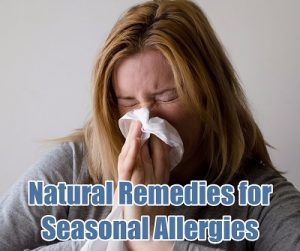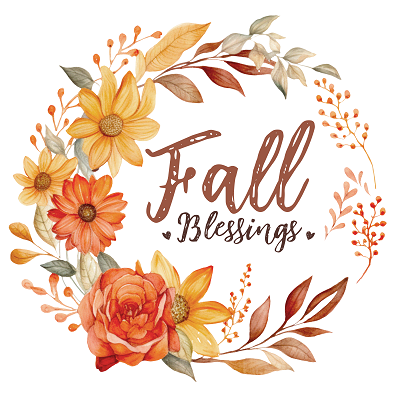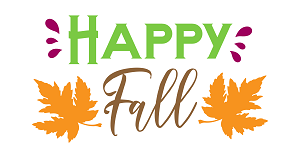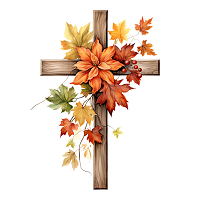 Fall is the time when allergies start to pick up, though for many people they might be worse in the winter. However, if you are one of those people that experiences bad allergy symptoms when the weather cools off around September or October, you might be looking for ways to alleviate them without harsh medications.
Fall is the time when allergies start to pick up, though for many people they might be worse in the winter. However, if you are one of those people that experiences bad allergy symptoms when the weather cools off around September or October, you might be looking for ways to alleviate them without harsh medications.
The following remedies are all natural and can be effective at helping with your seasonal allergies.
Change Your Diet
Believe it or not, your diet can make a big impact on your allergies, preventing allergy attacks and helping to relieve or reduce your symptoms. There are some foods you should avoid that tend to increase allergy symptoms, including excessive amounts of sugar, caffeine, alcohol, dairy, and processed foods.
Try to stay away from anything artificial. Then there are things you can consume that will help with your allergies, including bone broth, apple cider vinegar, raw honey, organic fruits and veggies, and foods with a good amount of probiotics.
Try Apple Cider Vinegar
One of the popular natural remedies available for allergies is to consume apple cider vinegar. This is being used for many things, from helping with hair and skin, to burning belly fat. It can also be great for those seasonal allergies and finding relief for your symptoms.
It’s best to have about a teaspoon of apple cider vinegar a day, three times a day, or you can go for 1-2 tablespoons just once a day. Start with lower quantities mixed in with a tall glass of water until you get used to the taste. Or, make a “hot toddy” with boiling water, a tablespoon of ACV, and one or two teaspoons of honey.
Use a Neti Pot
If you haven’t tried a neti pot before, now is a good time to try it out. The neti pot helps to cleanse your nasal cavity where a lot of allergens are going to attack. The container holds a saline solution to rinse out the nasal cavity and hopefully take all those allergens and debris along with it.
Reduce Your Allergy Triggers
This is definitely one of the better things to do when you have seasonal allergies. Ragweed is a common fall allergen as it blooms when the nights are cool and the days are warm. It causes a lot of discomfort for some until the the first frost occurs. In the meantime, avoid areas with lots of weeds and close your windows.
Everyone has allergies to different things, so in the fall season, you need to figure out what your individual problems are. It might be dust and dander in your home, more dust coming from the vents because you are starting to use your home’s heating system, or something about the environment outdoors during this time of year. Once you know your triggers, you can begin avoiding them.


